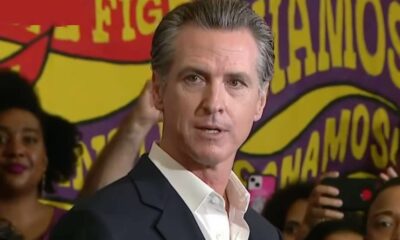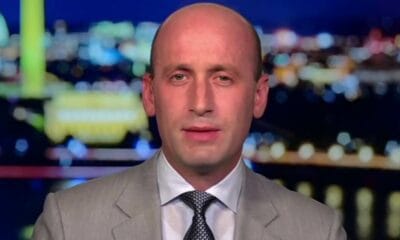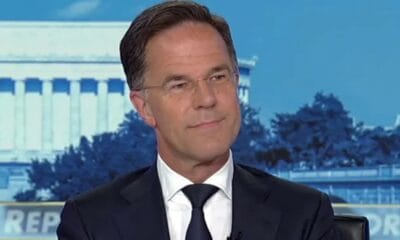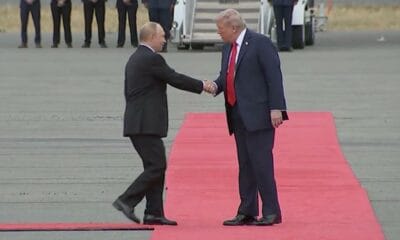Business
Scott Bessent: $550B Deal Will Reindustrialize America
Treasury Secretary Scott Bessent joined Laura Ingraham to break down what he called the most significant trade agreement yet under President Trump. Japan will cut tariffs on U.S. goods from 25% to 15% and invest $550 billion into American industries.
Bessent explained that this investment includes loans, credit guarantees, and equity, all of which will be directed by President Trump. The money will support critical industries like semiconductors, shipbuilding, pharmaceuticals, and mineral processing—areas the U.S. struggled with during COVID.
He said the Japanese market is now fully open. American automakers will no longer face tariffs or Japan’s non-tariff safety hurdles. Japan also plans to buy 100 Boeing aircraft and increase rice imports from the U.S. by 75%.
How Will the U.S. Hold Japan Accountable?
Bessent assured that there will be quarterly reviews to ensure Japan complies. If they fall short, tariffs will return to 25%. He made clear that Japan cannot sustain that higher rate, especially on autos. Even at the reduced 15%, the U.S. will still collect strong tariff revenues. On top of that, the U.S. will receive 90% of profits from the $550 billion partnership.
Why Is the U.S. Still Talking With China?
Bessent heads to Stockholm next week to meet with Chinese officials. Some question why a new deal is even needed, given Trump’s success without it. But Bessent argued that China’s economy is too large to ignore. It’s unbalanced—overloaded with manufacturing and lacking consumer demand.
As the U.S. builds up its own manufacturing base, it will need more markets to sell into. Bessent said there’s a real chance Trump could be the president who finally opens China to American products.
He also noted that talks will include China’s purchases of sanctioned Russian and Iranian oil. Under Trump, China honored trade commitments, he said. After Trump left office, they abandoned them. That’s why, according to Bessent, Trump’s leadership is essential.
What Does ‘De-Risking’ the Supply Chain Actually Mean?
The administration isn’t aiming to “decouple” from China. Instead, it’s working to “de-risk.” That means cutting dependence on China for essentials like rare earths, EV batteries, and pharmaceuticals.
Bessent said Congress is already allocating Defense Production Act funds to support these efforts. Treasury, Commerce, and the White House are moving in unison. He stressed that failing to secure supply chains by January 2029 would be unacceptable. “We are not going to fail,” he said.
What’s Behind Fed Chair Powell’s Resistance?
Bessent criticized Fed Chair Jerome Powell for refusing to cut rates. He believes Powell is frustrated that Trump’s tariffs didn’t cause inflation, as many economists predicted. “The economic profession embarrassed itself,” Bessent said, calling the Fed a “universal basic income program for PhDs who are never right.”
Powell’s term ends in May, but Bessent said a new nominee could be announced by year’s end. At that point, markets will start listening to the next Fed chair.
Why Are U.S. Capital Investments Surging?
Bessent ended on an optimistic note. He pointed to surging capital expenditures—especially in steel and AI—as proof that Trump’s policies are fueling growth. He mentioned Nippon Steel’s investment in Pittsburgh and noted that AI-related spending has hit $300 billion annually, about 1% of GDP.
That kind of investment, he said, is how societies grow richer. If the trend holds, Bessent believes America could see a productivity boom greater than those during the railroad era, the Reagan deregulation years, or the 1990s tech boom.
Asked if he’s enjoying his job, Bessent smiled and said, “Most days.”























